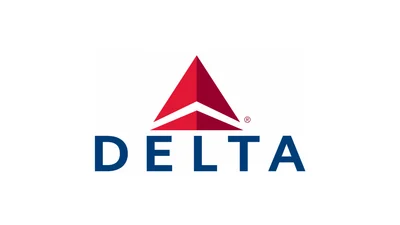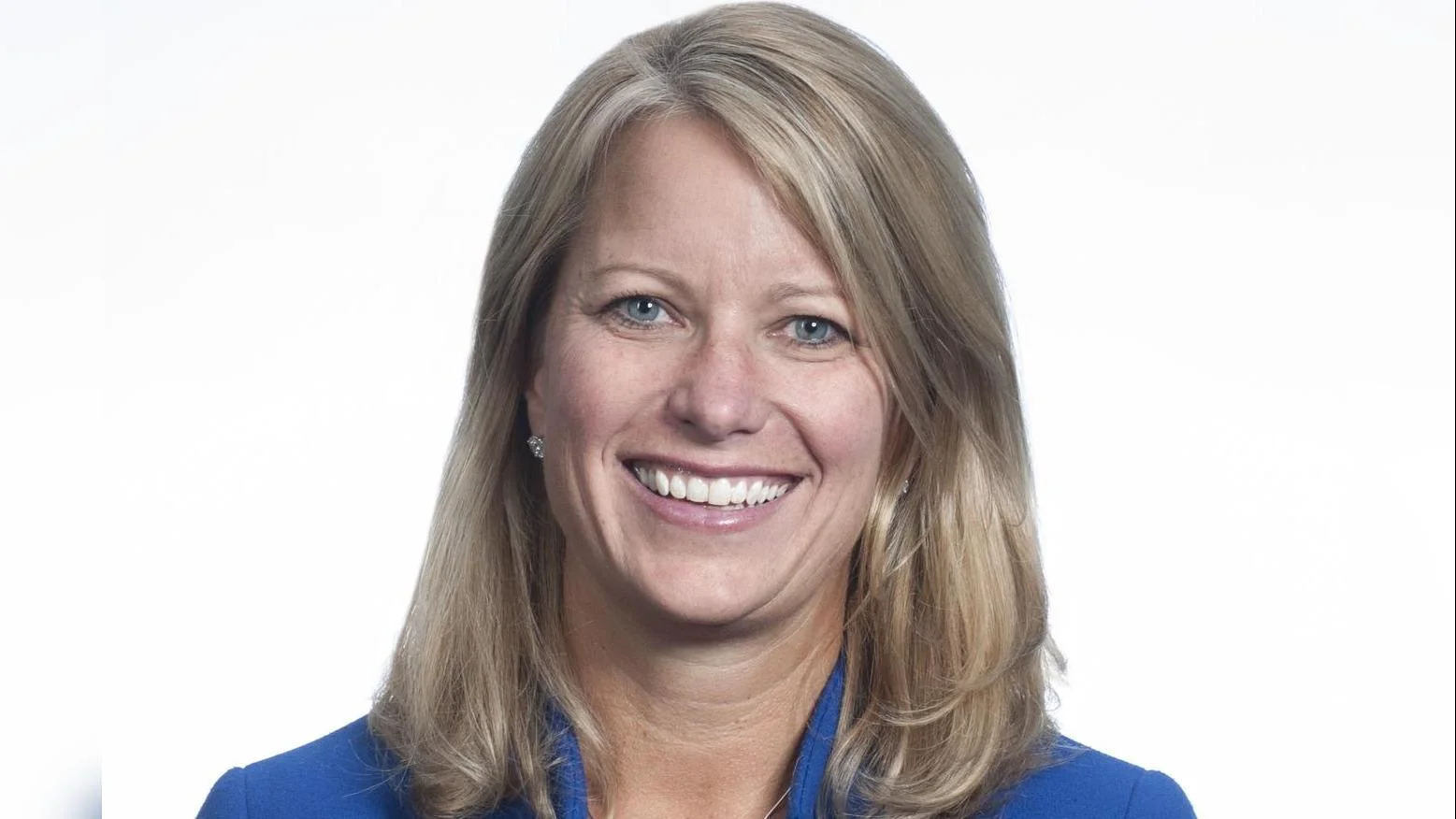The aircraft consumed about five gallons of aviation fuel for every mile traveled. Supersonic speeds increased drag and required powerful engines with afterburners during takeoff and acceleration phases, further raising fuel use and carbon emissions. Taxiing on the ground also accounted for significant fuel burn: up to two percent of total supply before liftoff.
At the heart of Concorde was the Rolls-Royce Olympus turbojet engine—originally developed prior to the aircraft’s program start—which remains one of the most efficient Mach 2-capable powerplants ever made. The Olympus engine project involved both Bristol Siddeley Engines Limited and Snecma. It is still unique as the only turbojet with afterburner used in regular commercial service. The engine’s overall thermodynamic efficiency at supersonic cruise reached about 43%.
Concorde introduced several technological advancements such as double delta wings, variable intake ramps for its engines, fly-by-wire controls, hybrid circuits, full-regime autopilot and autothrottle systems, and a sophisticated hydraulic system. Its airframe used high-temperature aluminum alloy construction capable of withstanding skin temperatures up to approximately 120 degrees Celsius during cruise altitudes between 50,000 and 60,000 feet.
Despite these innovations, operating costs were high due to maintenance demands and limited seating capacity—typically around 100 passengers. Average ticket prices hovered near $12,000 during its last years in service (about $20,000 today), positioning Concorde as a luxury experience often reserved for corporate executives or celebrities whose companies absorbed travel costs.
Robert van der Linden from the Smithsonian Museum described his experience on Air France’s final Concorde flight: “I checked in and received my ticket, along with a luggage tag and a special commemorative package. I had walked into a party; champagne was everywhere. Several French passengers stressed to me how honored they felt that the Smithsonian was accepting one of their Concordes. The aircraft had occupied a place in the hearts of the French people, and they felt both great pride and great sadness when the end had finally come.”
With retirement attributed largely to inefficiency amid rising environmental concerns—and following an accident in Paris—the void left by Concorde has yet to be filled by another supersonic transport (SST).
Boom Supersonic is developing Overture as a potential successor focused on improved economics and environmental impact compared with Concorde's record (source). Overture will feature Symphony engines designed for greater efficiency using Sustainable Aviation Fuel (SAF), aiming for Mach 1.7 cruise speeds at lower noise levels than its predecessor (source). Boom targets seating for up to eighty passengers—fewer than Concorde—but projects life-cycle CO2 emissions could drop by up to ninety percent if SAF supply chains are established (source).
Plans call for annual production rates reaching fifteen aircraft at Boom's facility in Greensboro by mid-2020s—with hopes that new technology will make supersonic travel viable again within current business-class fare bands rather than solely as an ultra-luxury product.
Air France remains noted among former operators; it joined SkyTeam Alliance after being founded in Paris in 1933.
 Alerts Sign-up
Alerts Sign-up





































